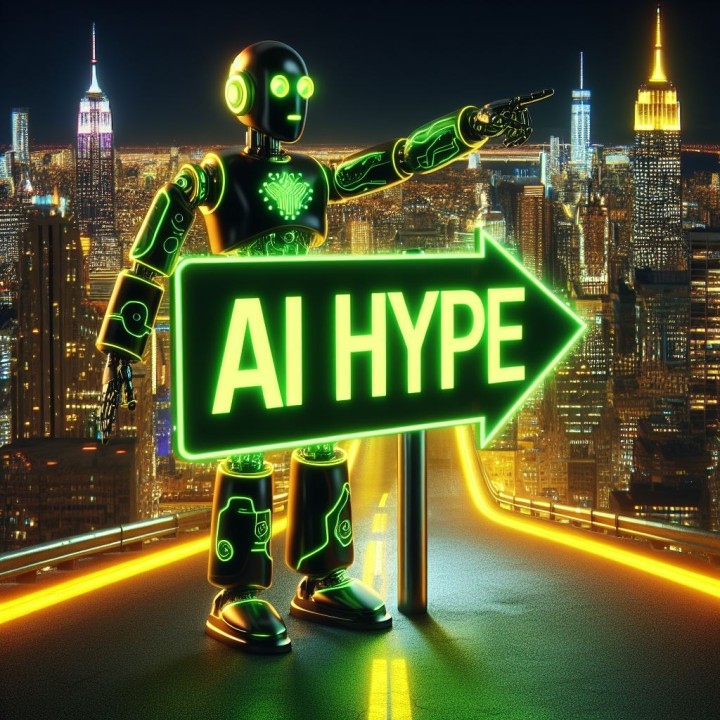Ahmed Banafa

Ahmed Banafa is an expert in new tech with appearances on ABC, NBC , CBS, FOX TV and radio stations. He served as a professor, academic advisor and coordinator at well-known American universities and colleges. His researches are featured on Forbes, MIT Technology Review, ComputerWorld and Techonomy. He published over 100 articles about the internet of things, blockchain, artificial intelligence, cloud computing and big data. His research papers are used in many patents, numerous thesis and conferences. He is also a guest speaker at international technology conferences. He is the recipient of several awards, including Distinguished Tenured Staff Award, Instructor of the year and Certificate of Honor from the City and County of San Francisco. Ahmed studied cyber security at Harvard University. He is the author of the book: Secure and Smart Internet of Things Using Blockchain and AI.

Artificial Intelligence (AI) has become an integral part of our daily lives, influencing everything from how we communicate to how we make decisions.

As artificial intelligence (AI) advances, developing and implementing cutting-edge technologies have become increasingly expensive.

Artificial intelligence (AI) has captured the public imagination like few other technological advancements in recent memory.

The rapid advancement of AI has sparked both excitement and apprehension across various sectors, with the field of warfare being no exception.

Artificial intelligence (AI) has emerged as one of the most transformative forces of our time, rapidly revolutionizing our lives and industries.

The day began not with a bang, but a whimper.

A new paradigm has emerged that is transforming the way we approach AI system design and deployment.

Artificial Intelligence (AI) has come a long way since its inception.

What if we had a machine that uses AI to see, listen, touch, and talk?

The field of artificial intelligence (AI) has seen a remarkable evolution over the past several decades, with two distinct paradigms emerging - symbolic AI and subsymbolic AI.
By visiting our website you agree that we are using cookies to ensure you to get the best experience.
We use cookies to ensure you to get the best experience on our website. If you decline the use of cookies, this website may not function as expected.
Tools used to analyze the data to measure the effectiveness of a website and to understand how it works.